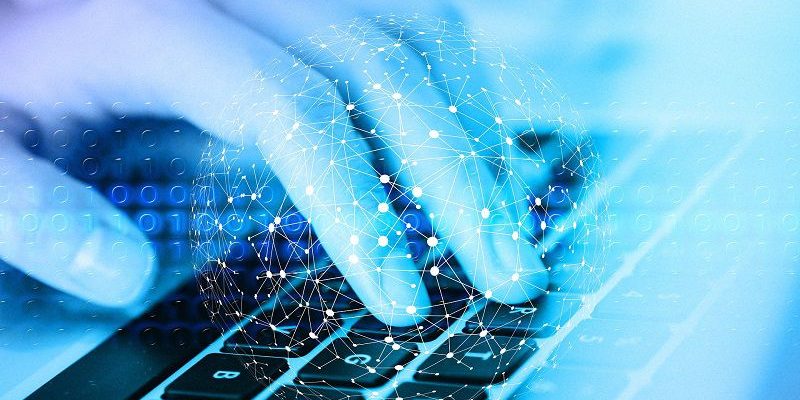As soon as we turn on our computers, they automatically connect to the internet. From working to studying and paying bills, the people in the modern world are always online. Unfortunately, the internet isn’t the safest place. Hackers, cybercriminals, and various types of malware are lurking online as well.
So how can we protect our laptops from being compromised and breached? Most of us are average users that don’t have top-secret files stored on the hard disk. So the process is not complicated at all. Your laptop can become a fortress with just a couple of security steps. So let’s start!
Don’t skip updates
I know that updates pop up every couple of weeks, and they could be annoying. But you shouldn’t skip them. The perfect example of what can happen if you decide to ignore the updates is the WannaCry ransomware attack. The hackers were able to exploit the loophole that was patched by Microsoft. Unfortunately, a large number of users didn’t update their operating system on time.
Keeping your operating system up to date is mandatory, but you should do the same with browsers and other apps you have on your computer. So when you see a pop-up window announcing there is an update, don’t just turn a blind eye to it. Take a break and wait for a couple of minutes. It is better to be safe than sorry.
Beware of phishing
Phishing is a popular method of stealing personal data. So never type in your username and password on a website that seems suspicious in any way. The same goes for links you receive in unsolicited emails. Don’t click on something that doesn’t look safe, or you don’t personally know the sender.
If you have a hard time detecting potentially dangerous websites, it might be useful to install software that can help you out. One of them is a VPN. Even though people use a VPN to mask their IP addresses and encrypt the data, it offers other services that can block websites known for phishing. It will prevent you from accidentally opening unsafe links.
Use a VPN when connected to public Wi-Fi
Nowadays, you can bring your laptop and work from your favorite coffee shop, thanks to the public Wi-Fi networks. While they are convenient, public Wi-Fi networks are not secure and could be exploited by cybercriminals. Since these networks don’t have any encryption, hackers could track what you do on the web.
A VPN will encrypt your data and protect your information, so there is no need to be wary of public Wi-Fi networks. If you have a VPN for Chromebook or any laptop, don’t forget to turn it on next time you are browsing the web from a coffee shop, a hotel, or anywhere that is not your home.
The importance of antivirus
Internet users should have antivirus software installed on their laptops. While it will not protect your device completely, it is still way better than nothing. Antivirus software comes with different features, and some will provide you protection from malware, ransomware, spyware, and viruses.
Free antivirus software performs well. However, it might be a good idea to have a subscription. We have already mentioned this, but remember to keep your antivirus updated. Most do have automatic updates, so you won’t be required to do anything. Double-check if the automatic updates are enabled.
Encrypt and backup
Personally, my computer is an archive of photos and videos. These memories are valuable to me, so losing them would be upsetting. I am sure you probably have a lot of data that you can’t afford to lose too. So, consider backing up and encrypting your files. It is an excellent idea in case the system gets compromised or someone steals your laptop.
You can encrypt specific data, such as your logins, text files, etc. Of course, some tools will do the same on a bigger scale and encrypt your whole hard disk. The thief will not get far without a password. If they do, the encryption will make your personal information unusable. Encrypted data is hard to decipher, and hackers usually don’t bother with it since it is very time-consuming.















Comments